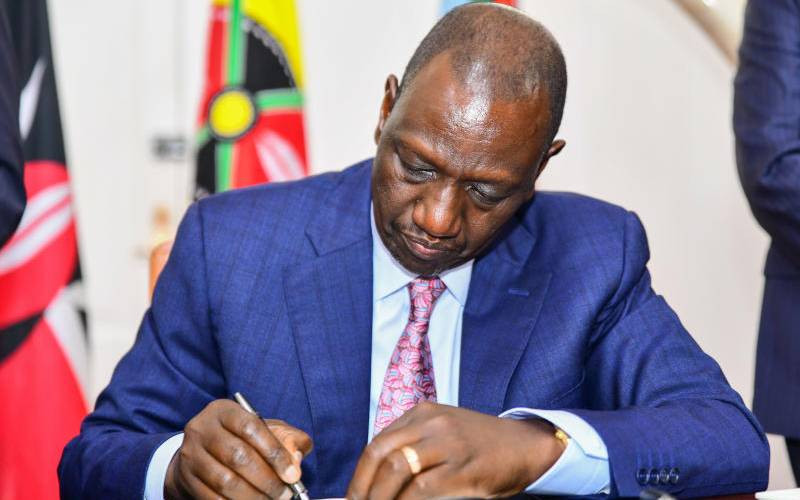×
The Standard e-Paper
Stay Informed, Even Offline

President William Ruto has limited the number of days members of the executive can be out of the country to 45 a year.
In a memo by Chief of Staff Felix Koskei, all executive members should also not travel for more than 15 days a quarter and they cannot be outside the country for more than seven days in a row, excluding travel days.